Getting started - can I actually buy a home?
Discover if you’re ready to make the leap from renting to owning.
Understanding how much you can borrow
Before you start house hunting, it’s important to understand borrowing power - the amount a lender may let you borrow. This is based on factors like your income, expenses, debts, and credit history. While online calculators can provide a ballpark figure, they often miss the finer details that could significantly affect your real borrowing capacity.
That’s where working with a broker makes the difference. I can run accurate, personalised calculations to show your true borrowing power and help you structure a loan that’s both realistic and comfortable. Knowing your numbers upfront takes the stress out of house hunting and lets you focus only on homes that genuinely fit your budget.
The difference between deposit, savings, and genuine savings
When it comes to buying your first home, the terms deposit, savings, and genuine savings often get mixed up, but they mean different things. Your deposit is the upfront amount you put towards the purchase of a property - usually at least 5–20% of the price. Your savings are simply the money you’ve set aside, whether it’s in a bank account, a gift from family, or even from selling assets.
Genuine savings, however, are a little stricter. Lenders want to see that you’ve built up some of your deposit through consistent saving over time (generally at least 3 months of regular contributions). This shows you can manage money and repay a loan responsibly. Even if you’ve received a lump sum gift or windfall, you may still need to demonstrate genuine savings to qualify with many lenders.
As your broker, I can help you understand what counts, which lenders are more flexible, and how to best present your savings story.
Credit scores. Why they matter?
Your credit score plays a critical role in your ability to borrow and the terms you may be offered. In Australia, credit scores typically range from 0 to 1200, depending on the credit bureau. A strong credit score can help you secure a higher borrowing capacity and lower interest rates, while a poor score may limit your options or increase the cost of your home loan.
There are practical steps you can take to improve your credit score, such as paying bills on time, reducing outstanding credit card balances, and avoiding unnecessary credit applications. Understanding your current score and taking action early can make a big difference when it comes time to apply for a loan.
While you can obtain a free credit report from Equifax, Experian, or illion to check your score, working with a broker like me ensures you understand what your score really means for your borrowing power. I can help interpret your report, identify areas to improve, and guide you on steps that will maximise your borrowing potential - so you’re in the best position when it comes time to buy your first home.
If you want to understand more about your credit report, you can visit Credit Smart.
Renting vs buying - what to consider?
Weighing the pros and cons against your personal goals is key. How long do you plan to stay in one place? Are you ready to take on the responsibilities of ownership? Understanding these factors helps you make an informed decision that suits your lifestyle and financial situation.
While you can consider these factors yourself, working with a broker like me gives you a clear picture of what buying would look like for you right now. I can show you the true costs, help you explore government incentives, and guide you on whether now is the right time to make the leap from renting to owning.
Deciding whether to rent or buy is one of the most important steps in your homeownership journey. Buying a home comes with many advantages, including the ability to build equity, access grants and government schemes, and enjoy long-term stability as a property owner. However, it also comes with responsibilities and costs, such as upfront expenses like your deposit, fees, and stamp duty, ongoing maintenance costs, and reduced flexibility if you want to move.
Quick calculators walkthrough
Making sense of your numbers is a vital step in planning your home buying journey. Online calculators can help you estimate your borrowing capacity, stamp duty, eligibility for the First Home Owners Grant, and your expected monthly repayments. For example, on a $500,000 property with a $50,000 deposit, a loan of $450,000 at a 6% variable interest rate would result in monthly repayments of approximately $2,700.
Experimenting with different scenarios - changing deposit amounts, loan sizes, and interest rates - can give you a clearer picture of what you can comfortably afford. While these calculators are a helpful starting point, working with a broker like me ensures your numbers are accurate and personalised. I can walk you through the calculations, show you the impact of different options, and help you plan your next steps with confidence.



